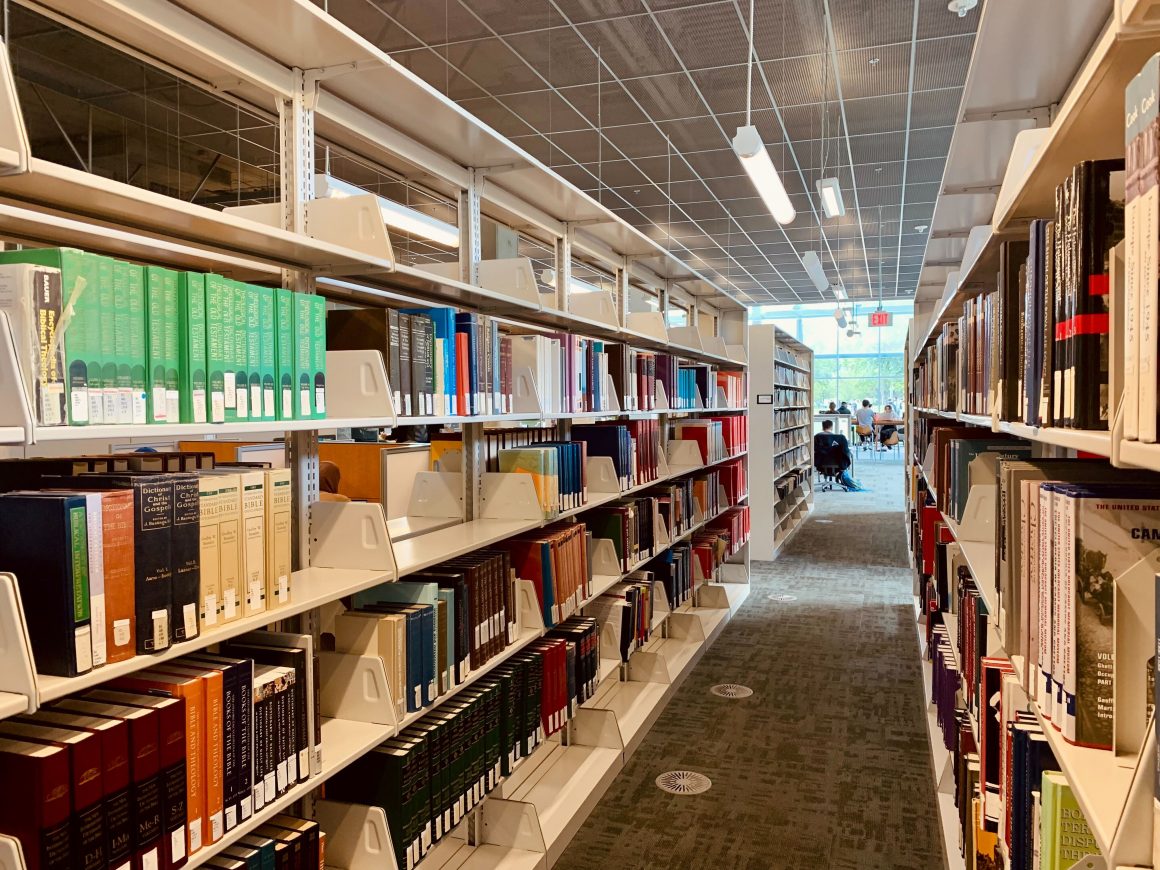
SU advocates for more open educational resources on campus
By Eula Mengullo, October 13 2022—
The University of Calgary’s Students’ Union (SU) is advocating for increased use of open educational resources (OERs). OERs are any type of teaching, learning or research resource presented in different formats which are free and openly available through an open copyright license.
With the constant rise of tuition over the past years along with provincial budget cuts, students have seen added financial strains in attaining course materials.
In an interview with the Gauntlet, VP Academic Shaziah Jinnah Morsette elaborates on the significance of providing more open educational resources and how this can alleviate the financial burden on students.
“Materials are an additional cost on top of the already inflated tuition that we’ve been paying,” said Morsette. “We’ve experienced exceptional tuition increases, and also seen immense budget cuts at the same time that have impacted faculties across the institution. This leaves students in a challenge where they’re spending more and feel like they’re receiving less. So when it comes to academic resources, this is one area [where we see that] there is a viable solution to alleviate some costs.”
The SU identifies OERs as an innovative solution to combat the inflated costs that students are required to pay on top of their tuition.
In the last few years, the SU had been advocating for the increased usage of OERs on campus, as well as their development across different faculties. Last year, the SU had invested $500,000 to support OER development which resulted in the establishment of a permanent OER librarian within the Libraries and Cultural Resources.
Additionally, the SU had been running an OER awareness campaign to educate students of its benefits. This campaign was an integrated effort with the Libraries and Cultural Resources on campus.
In a statement, SU faculty representative Sandra Amin described the importance of educating students about the financial and educational convenience of OERs.
“OERs are a great tool to help students save money on textbooks. In addition to affordability, OERs are accessible and can be made into a variety of formats to accommodate different student learning styles,” wrote Amin. “We were around campus raising awareness and educating students about what OERs are. Our hope is that students will advocate to their professors and departments to encourage the development and use of OERs instead of textbooks for their classes. Imagine if instead of buying expensive textbooks, students could put that towards their basic needs like food and housing.”
Morsette also highlighted that Alberta lags comparatively behind other provinces in investing on free learning resources. While there is some discussion about OERs in the Alberta 2030 plan, there has not been any meaningful action taken towards that vision yet.
“[Investing in OERs is] a potential way to alleviate some of the affordability challenges in a sustainable and long term manner. We’re not asking for government support to help pay for students’ textbooks every year, we’re advocating for investment into a long term strategy that will alleviate affordability challenges for students,” said Morsette.
To learn more about open educational resources on campus, visit the U of C website. For more information about the SU’s advocacy for OERs, visit their Instagram page @suuofc.
